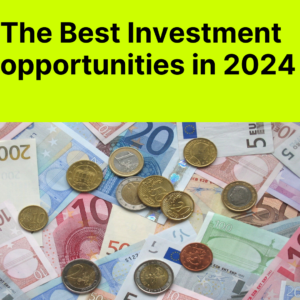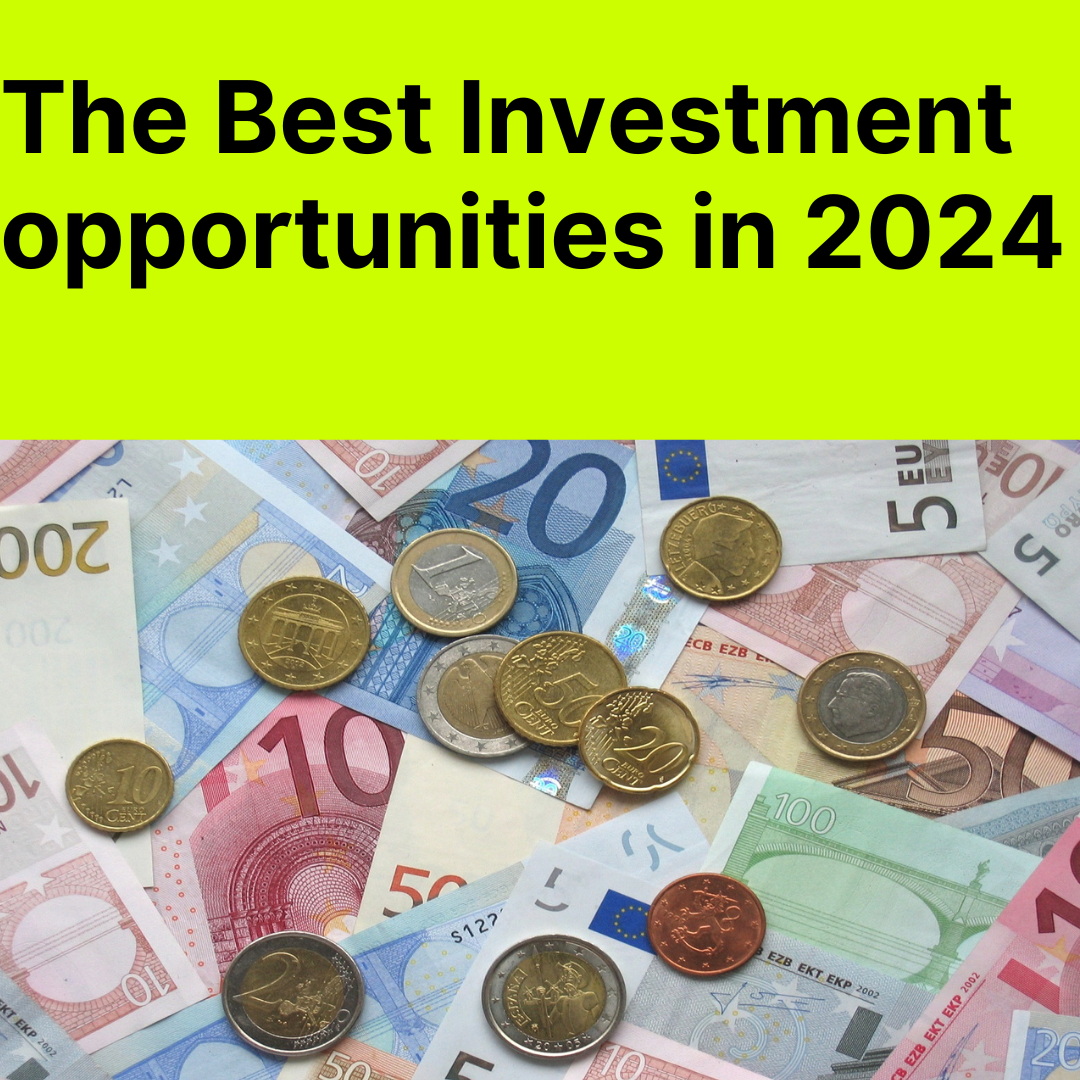Investment holds a crucial role in the financial journey of individuals, acting as a key driver for wealth accumulation, security, and the attainment of specific goals. Individual investors tailor their investment strategies to meet distinctive financial objectives such as retirement planning, homeownership, or funding education.
Investing in India has historically posed challenges due to an intricate regulatory environment, bureaucratic hurdles, and infrastructure deficiencies. According to the World Bank’s “Doing Business” report for 2020, India was positioned at 63 out of 190 countries, showcasing improvements but also underscoring persistent challenges. In the fiscal year 2019-20, foreign direct investment (FDI) inflows amounted to $74.39 billion, reflecting growth; however, concerns lingered regarding issues such as taxation, political risks, and the necessity for further regulatory reforms.

In this dynamic environment, strategic investors are keen on identifying sectors and assets that hold the potential for substantial returns. Let’s delve into some key investment opportunities that may shape the investment landscape in 2024.
Why should you invest?
Investing serves as a cornerstone for securing a robust financial future, offering a myriad of compelling advantages. Firstly, it is a dynamic vehicle for wealth accumulation over time. Through strategic placements in diverse investment avenues such as stocks, bonds, or real estate, individuals stand to benefit from capital appreciation and the compounding of returns, transforming their capital into a proactive force in wealth creation.
Secondly, investing acts as a shield against the erosive impact of inflation. Over the extended horizon, the value of money tends to diminish. Investments, however, have the potential not only to keep pace with inflation but also to surpass it, thereby preserving and amplifying the purchasing power of one’s financial resources.
Thirdly, the practice of investing fosters a vital element: diversification. By spreading financial risk across different assets, it acts as a buffer against the potential downturn in any particular market. This not only safeguards investments but also cultivates a resilient and balanced portfolio.
Moreover, investing instills financial discipline and facilitates goal-oriented planning. Whether striving to purchase a home, fund education, or build a retirement nest egg, the process of investing compels individuals to delineate and pursue specific financial objectives.
Striking the Right Balance Between Spending and Investing
Deciding how much to allocate for spending and investing is a personalized financial journey. A practical guide is the 50/30/20 rule: commit 50% to essentials, 30% to discretionary spending, and dedicate 20% to savings and investments. Prioritize building a robust 3-6 month emergency fund, tackle high-interest debt, and outline clear investment goals. Tailor your investment strategy to time horizons, automate savings, and diversify your portfolio. Regularly revisit and adjust your budget, consider seeking professional advice, and stay flexible to adapt your approach to changes in income, expenses, and life circumstances. This holistic approach ensures a dynamic financial plan that resonates with your unique goals and circumstances.
Tips for Investors
-
Technology and Innovation
The technology sector continues to be a focal point for investment, with advancements like artificial intelligence, blockchain, and 5G propelling growth. Consider allocating investments to companies leading the charge in these technologies, as they are poised for substantial gains. Keep a watchful eye on startups disrupting traditional industries and established companies adapting to technological breakthroughs.
Tip: Mitigate risks by diversifying your tech investments. Strive for a balanced portfolio that includes both established tech giants and promising startups with disruptive potential.
-
Renewable Energy
The global emphasis on sustainability has given rise to the renewable energy sector. With heightened awareness of climate change, governments and businesses worldwide are investing in clean energy solutions. Explore opportunities in solar, wind, and other renewable sources, as well as companies focused on energy storage and efficiency.
Tip: Stay abreast of government policies and incentives related to renewable energy. These factors can significantly impact the profitability of investments in this sector.
-
Healthcare and Biotechnology
The COVID-19 pandemic has underscored the pivotal role of healthcare and biotechnology. Investments in pharmaceuticals, telemedicine, and medical technology are set for growth. Delve into companies involved in vaccine development, advanced diagnostics, and healthcare infrastructure.
Tip: Thorough research and due diligence are imperative in the healthcare sector. Stay updated on regulatory developments, ongoing clinical trials, and potential partnerships that could influence the success of your investments.
-
E-commerce and Digital Transformation
The shift towards online shopping and digital services has been expedited by recent global events. E-commerce platforms, digital payment solutions, and companies facilitating the digital transformation of traditional industries present compelling investment opportunities.
Tip: Evaluate the scalability and adaptability of e-commerce businesses. Consider the potential for sustained growth and the ability to navigate evolving consumer preferences.
-
Infrastructure Development
Governments worldwide are prioritizing infrastructure development, encompassing transportation, energy, and technology. Investments in construction, logistics, and related industries can offer stable returns as countries focus on modernizing their infrastructure.
Tip: Monitor government spending plans and infrastructure projects. Investing in companies well-positioned to benefit from these projects can provide long-term stability.
FAQS
What is the significance of a dividend in stock investing?
Dividends are payments made by a company to its shareholders. Investing in dividend-paying stocks can provide a steady income stream and is often associated with more stable, mature companies.
Should I invest in a bear market?
Investing in a bear market can offer opportunities to buy assets at lower prices. However, careful consideration of individual circumstances, risk tolerance, and investment goals is essential before making decisions during a market downturn.
How often should I review my investment portfolio?
Regularly review your investment portfolio at least annually or during significant life changes. Periodic assessments ensure that your investments align with your financial goals and risk tolerance.
Conclusion
Princy Agarwal, a postgraduate in English from Delhi University, writes content for Tricky Finance, where they simplify complex financial topics for readers. With a knack for clear communication, Princy’s work helps make finance understandable and accessible to all.




